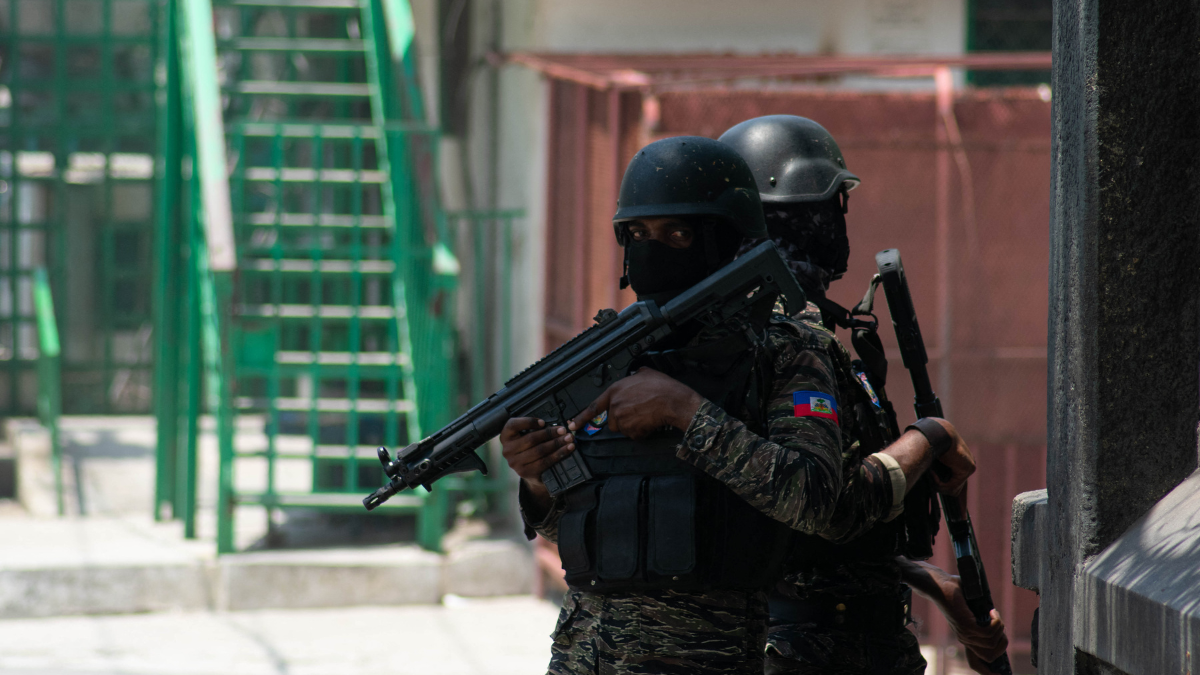Ecuador's presidential vote Sunday is expected to be a close race that could either further tilt Latin America toward the right following a series of conservative election victories or reinforce President Rafael Correa's ``Citizens' Revolution.''
In South Florida, Ecuadorian voters made their way out to vote for their next president. The Consulate of Ecuador set up a precinct at Miami-Dade College Kendall Campus.
However, not all went smoothly at the South Florida voting station.
A video of an Ecuadorian official taking the ballot box and arguing with poll workers has social media abuzz.
Consul of Ecuador Eduardo Rivadeneira says he was trying to defend the transparency of the election.
Polls showed a neck-and-neck vote between Correa's hand-picked successor, Lenin Moreno, and conservative former banker Guillermo Lasso. Correa is urging voters to pick the candidate who will continue his policies in support of the poor while the opposition candidate is promising to deliver a well-needed jolt to the nation's beleaguered economy.
Correa cast his vote shortly after polls opened early Sunday, saying that the contest would be ``very important'' for determining whether the small Andean nation of 16 million takes a turn for the right or if ``progressive tendencies resume their force.''
Local
With Ecuador's economy slated to shrink by 2.7 percent this year as oil prices remain low and with a majority of citizens stating in surveys that they are eager for change after 10 years of Correa's iron-fisted rule, analysts had been anticipating that Ecuadoreans would back Lasso and join the growing list of Latin American nations shifting to the right.
Yet in the final weeks of the race, Moreno has inched ahead amid an aggressive campaign led by Correa to cast Lasso as a wealthy, out-of-touch politician who profited from the country's 1999 banking crisis.
``We know how to put ourselves in your shoes, understand your dreams and wishes,'' Moreno said in a final campaign announcement.
A March 21 poll by firm Cedatos, which accurately predicted the first-round result, put Moreno ahead with 52 percent of the vote for the first time since its runoff surveys began. Yet as many as 16 percent of Ecuadorians report they are still undecided and the leads in the polls are within the margins for error.
Authorities are deploying thousands of officers to beef up security at vote-processing centers around the country after a contentious first-round election on Feb. 19, in which Moreno fell just short of the required threshold to avoid a runoff.
The vote count dragged on for several days before the official results were announced, provoking accusations of fraud from both sides and angry protests that have injected an unusual degree of volatility in the election results.
Fearing a contested election, church leaders have appealed to both campaigns to accept whatever the results.
Lasso has put forward a pro-business agenda aimed at attracting foreign investment, reducing taxes and generating more jobs and in recent days drew comparisons between continuing a Correa-style government and going down the same path as socialist Venezuela.
After casting his ballot in his native Guayaquil, Lasso said he is vote ``for change, so Ecuador can recover its freedom.''
Lasso has benefited from ongoing corruption allegations related to bribes Brazilian construction giant Odebrecht paid to officials in Correa's government and a $12 million contracting scandal at state-run PetroEcuador, but analysts say he has not connected with lower-income voters.
The election results are also being watched for a sign whether WikiLeaks founder Julian Assange will be able to remain at the Ecuadorean embassy in London. Lasso has said he'll evict the Australian activist within 30 days of taking office while Moreno says he'll allow him to stay.



